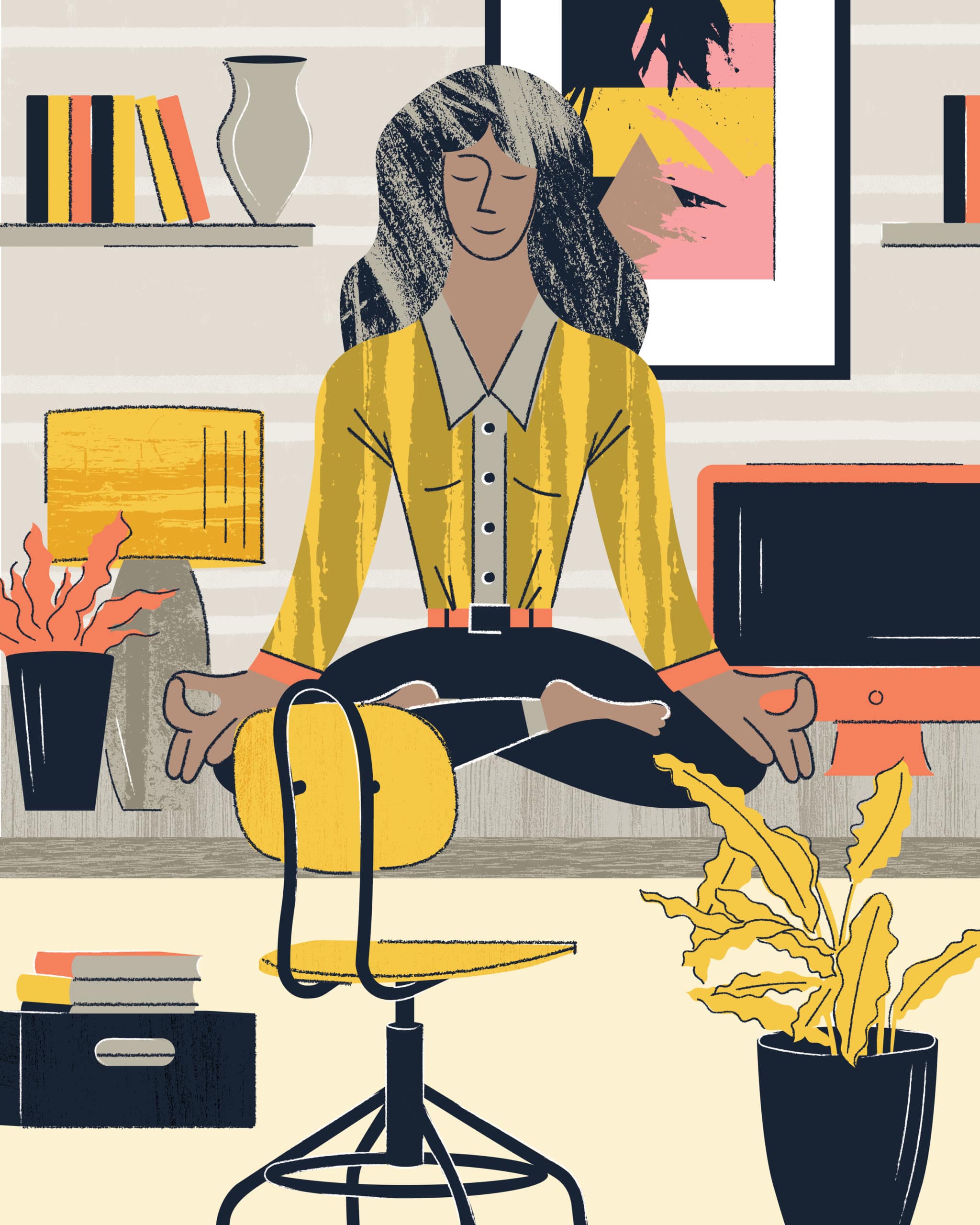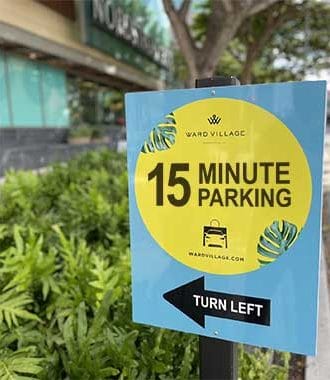A Breath Away

A very wise man once said that “the mind is everything. What you think, you become.”
As so many of us have recently been catapulted into what feels like a foreboding, uncertain future, taking the time to sit in quiet meditation and calm our mind has never been more important. While the future can’t be known, we can each do our part to better shape our own perception of the present.
For thousands of years, people far and wide have found peace in turbulent times through meditation. And for good reason: within the span of only a few minutes, your mind begins to calm, the gentle cadence of your lungs filling and contracting subtly begins to anchor you to the present. Welcome to mindfulness-based meditation, an age-old technique with roots in Buddhism that’s taken on a massive secular following in recent years. Across the globe, from progressive companies in Silicon Valley to Tibetan monasteries, mindfulness is reshaping the way many of us are viewing the world, bringing a slice of much-needed calm to what can often feel like an increasingly chaotic reality.
So what is mindfulness, exactly? Simply put, mindfulness is the act of training your mind through meditation to meet each situation fully as it is. Sounds simple, right? Ask any seasoned meditator and they’ll quickly tell you that, despite its seemingly simple framework, learning to meditate is also tremendously difficult, but it can be done. Countless individuals throughout history have learned to better engage with themselves and the outside world by first learning to master the act of diligently watching their own breath.
In the West, a man named Dr. Jon Kabat-Zinn is largely credited for fueling the modern mindfulness movement. In the late 1970s, mindfulness made its humble entrance into the American ethos through the work of Kabat-Zinn and his Mindfulness-Based Stress Reduction (MBSR) program at the University of Massachusetts Medical School when Kabat-Zinn first attempted to introduce the practice to Americans, he was worried that he might be labeled as fringe and went above and beyond to show the very real stress-reducing powers that mindfulness can bring.
“Mindfulness practice means that we commit fully in each moment to be present; inviting ourselves to interface with this moment in full awareness, with the intention to embody as best we can an orientation of calmness,” says Kabat-Zinn. Simmered to its essence, mindfulness is about learning how to better view life’s unyielding problems. “You can’t stop the waves,” Kabat Zinn famously wrote, “but you can learn to surf.”
Modern business has taken note as well. Companies like SalesForce have fully embraced the modern mindfulness movement by offering quiet spaces for employees to gather their thoughts and reclaim the present moment.
You see, the brain, like so many other elements of the human body, can be strengthened, sharpened, and more finely tuned to help you better greet the present, and that’s been shown to create happier, more productive workers.
With mindfulness practices catching on in the West, the number of Americans who have meditated within the past year has grown rapidly and has more than tripled over a five-year period. From 2012 to 2017, that number grew 14.2 percent. While much of these numbers can be attributed to more Americans benefiting from yoga, apps specializing in guided meditations have become increasingly popular. Calm, a start-up valued at more than $1 billion, now boasts more than 20 million downloads. While having a guided teacher through apps like Calm or Headspace can be a great start, one of the greatest gifts of mindfulness-based meditation is that you can practice it anywhere, at any time.
If you commit to bringing mindfulness into your daily life, you’ll eventually learn to better control all of your emotions, allowing you to witness life unfold without being swept up in the story. Learning to take power over your emotions can quite literally take the sting out of many of life’s daily frustrations, effectively bringing more happiness into your life. Whether you’re taking 10 minutes a day to relish the silence or have just been introduced to the practice through your yoga routines, connecting with your mind through mindfulness could be the best gift you ever give yourself. And to think, you’re only a breath away from a better you.









